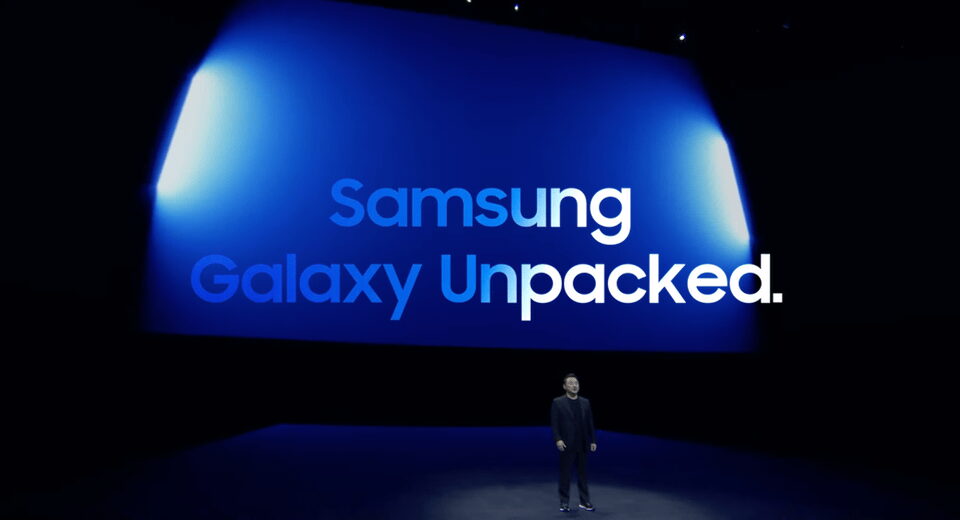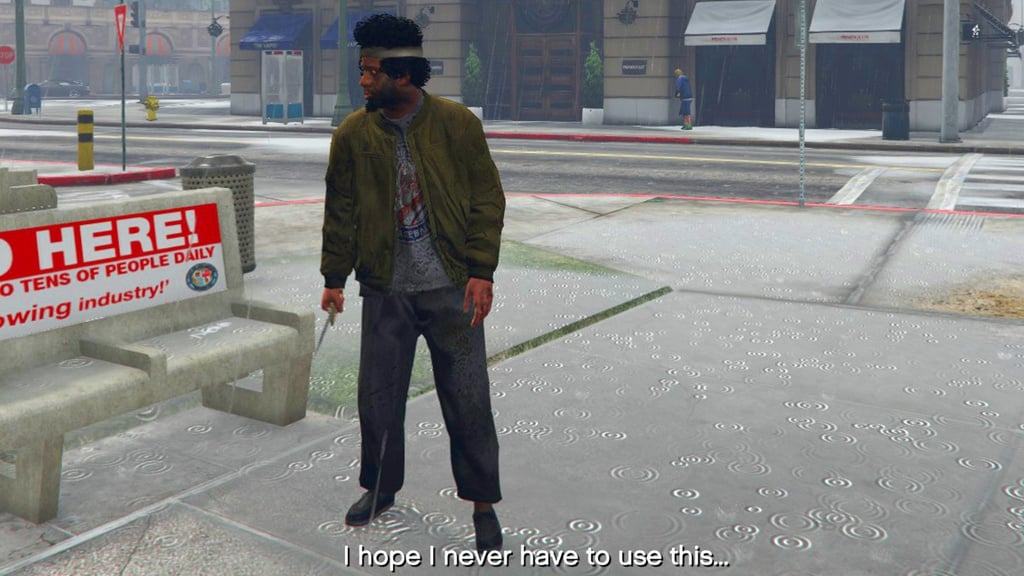U.S. Spy Agencies Assess Iran Remains Undecided on Building a Bomb


U.S. intelligence officials said Iran was likely to pivot toward producing a nuclear weapon if the U.S. attacked a main uranium enrichment site, or if Israel killed its supreme leader. U.S. intelligence agencies continue to believe that Iran has yet to decide whether to make a nuclear bomb even though it has developed a large stockpile of the enriched uranium necessary for it to do so, according to intelligence and other American officials. That assessment has not changed since the intelligence agencies last addressed the question of Iran’s intentions in March, the officials said, even as Israel has attacked Iranian nuclear facilities. Senior U.S. intelligence officials said that Iranian leaders were likely to shift toward producing a bomb if the American military attacked the Iranian uranium enrichment site Fordo or if Israel killed Iran’s supreme leader. The question of whether Iran has decided to complete the work of building a bomb is irrelevant in the eyes of many Iran hawks in the United States and Israel, who say Tehran is close enough to represent an existential danger to Israel. But it has long been a flashpoint in the debate over policy toward Iran and has flared again as President Trump weighs whether to bomb Fordo. White House officials held an intelligence briefing on Thursday and announced that Mr. Trump would make his decision within the next two weeks. At the White House meeting, John Ratcliffe, the C.I.A. director, told officials that Iran was very close to having a nuclear weapon. Karoline Leavitt, the White House spokeswoman, said later at a news briefing that Iran had the material it needed to make a bomb. “Let’s be very clear: Iran has all that it needs to achieve a nuclear weapon,” she said. “All they need is a decision from the supreme leader to do that and it would take a couple weeks to complete the production of that weapon.” Some American officials said those new assessments echoed material provided by Mossad, Israel’s intelligence agency, which believes that Iran can achieve a nuclear weapon in 15 days. While some American officials find the Israeli estimate credible, others emphasized that the U.S. intelligence assessment remained unchanged, and American spy agencies believe that it could take several months, and up to a year, for Iran to make a weapon. Intelligence assessments are often drafted in a way that allows policymakers to draw different conclusions. And many intelligence officials believe that the reason Iran has accumulated such a large arsenal of uranium is to have the ability to move toward making a bomb quickly. Some officials believe Israeli assessments have been colored by Prime Minister Benjamin Netanyahu’s desire to gain American support for his military campaign against Iran. Mr. Netanyahu said on Thursday, however, that Israel could achieve its goals alone when it came to Iran’s nuclear facilities. None of the new assessments on the timeline to get a bomb are based on newly collected intelligence, according to multiple officials. Iran’s supreme leader, Ayatollah Ali Khamenei, issued a religious ruling, or fatwa, in 2003 that has prevented the country from developing nuclear weapons. That is “right now holding,” a senior intelligence official said, adding that the Israeli assessment that Iran was 15 days away was alarmist. Mr. Netanyahu has repeatedly warned over the years that Iran is close to a nuclear weapon. And since Israel began its attacks on Iran’s nuclear facilities, Israeli officials have warned that Iran was weeks away from having the components for a bomb. Mr. Netanyahu has not been specific on the time frame. “In recent months, Iran has taken steps that it has never taken before, steps to weaponize this enriched uranium, and if not stopped, Iran could produce a nuclear weapon in a very short time,” Mr. Netanyahu said. “It could be a year. It could be within a few months, less than a year. This is a clear and present danger to Israel’s very survival.” Still, American officials acknowledge that the large stockpile poses a threat. Testifying before Congress on June 10, Gen. Michael E. Kurilla, the head of Central Command, said Iran’s nuclear stockpile and available centrifuges could allow it to produce weapons-grade material in a week, and were enough to make 10 weapons in three weeks if the government decided “to sprint to a nuclear weapon.” In testimony in March, Tulsi Gabbard, the director of national intelligence, noted that the Iranian stockpile was at a high, a level that she said was unprecedented for a nonnuclear state. Officials said Ms. Gabbard’s comments remained accurate and were in line with the idea that Iran is gathering the components of a weapon. Iran’s stockpile is enriched to 60 percent. To make a bomb, it would need to be enriched further, to 90 percent. Enriching uranium means reducing the percentage of naturally occurring uranium, U-238, and increasing the percentage of a lighter isotope, U-235, that can sustain a nuclear reaction. But producing a weapon requires more than uranium. Iran would also have to make a bomb, and potentially miniaturize it to place on a warhead. While the United States and Israel believe that Iran has the expertise to build a bomb, there is no intelligence that it has set out to do that. U.S. intelligence believes that Iran could potentially shorten the timeline if it pursued a cruder weapon that might not be able to be miniaturized and put on a missile. Such a cruder weapon might be more akin to the bomb that the United States dropped on Hiroshima, which was nearly 10,000 pounds and 10 feet long and had to be dropped from a plane, rather than delivered on a missile. Senior officials, including Vice President JD Vance, have said that new information has come in since the U.S. intelligence position was made public in March. But officials said that information from Israel and other sources was not new intelligence about the program or Iranian intent to build a bomb, but rather new analysis of existing work.
What's Your Reaction?
 Like
0
Like
0
 Dislike
0
Dislike
0
 Love
0
Love
0
 Funny
0
Funny
0
 Angry
0
Angry
0
 Sad
0
Sad
0
 Wow
0
Wow
0





































